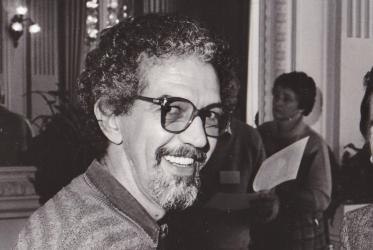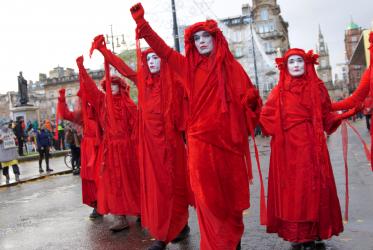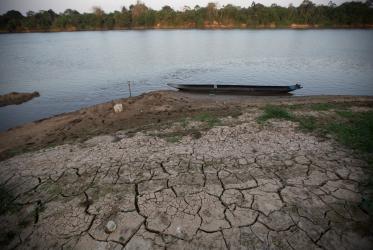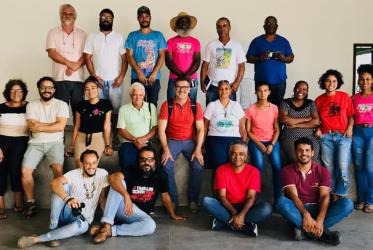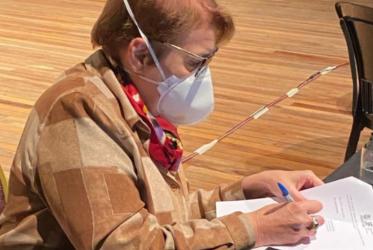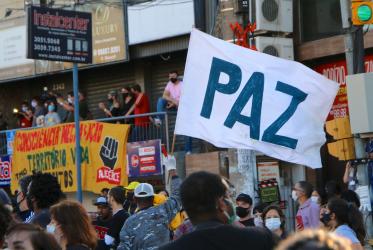Displaying 61 - 80 of 872
WCC stands in solidarity with victims of major flood in Brazil
17 February 2022
Thursdays in Black Valentine’s Day message: Love heals, not hurts
14 February 2022
World mourns loss of Archbishop Desmond Tutu
30 December 2021
WCC mourns passing of Rev. Dr Jose Pepito Manansala Cunanan
18 October 2021
Webinar remembers past massacres in Latin America
30 September 2021
EWN members stand in solidarity with water and land defenders
21 September 2021
How racism and colonialism are exacerbating impacts of climate change
29 September 2021
Brazilian ecumenical water network launched
29 July 2021
Pulling together for a living River Pardo
02 July 2021



